Astronaut Mike Massimino joins host Krys Boyd to discuss how to build effective teams and pursue your biggest dreams.
Read more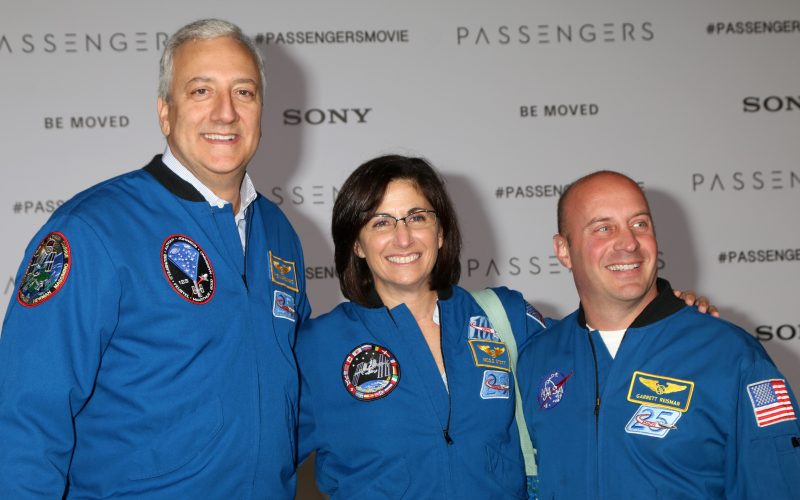


Astronaut Mike Massimino joins host Krys Boyd to discuss how to build effective teams and pursue your biggest dreams.
Read more
Mary Ann Little, a clinical psychologist, joins host Krys Boyd to discuss how to make sure a child’s self-centered behaviors don’t manifest into a disorder as adults and the four parenting types that promote narcissistic behavior.
Read more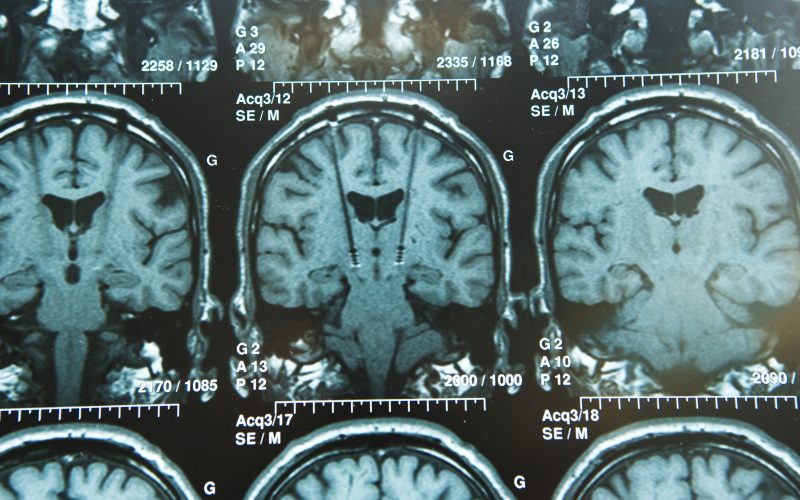
Laura Sanders, who writes about neuroscience for ScienceNews, joins host Krys Boyd to talk about the pros and cons of deep brain stimulation, where electrical pulses are delivered straight into the brain during surgery.
Read more
The New York Times columnist joins host Krys Boyd to discuss the skills we can learn to improve engagement and connection and develop character.
Read more
Zarlasht Halaimzai joins host Krys Boyd to discuss her life growing up amid the bombs and guns of the war in Afghanistan, and her work to help heal the trauma of children living through conflict worldwide.
Read more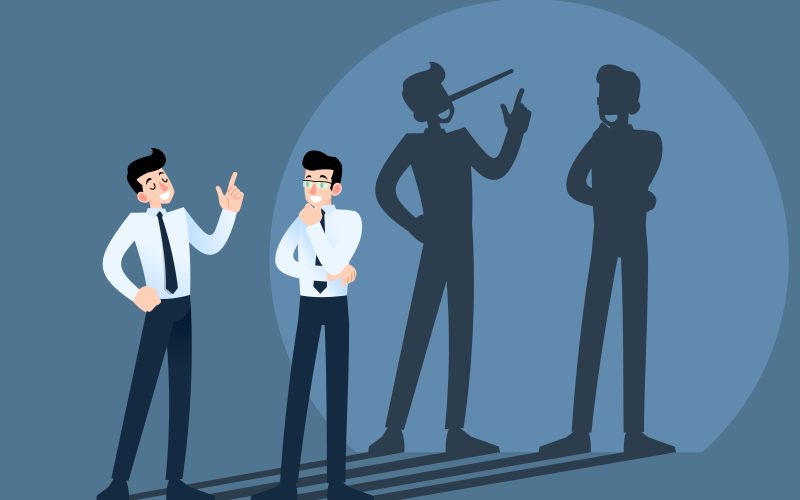
Christian L. Hart, a professor of psychology at Texas Woman’s University, joins host Krys Boyd to discuss the psychology of people who lie all the time.
Read more
Elena Lister, associate professor of clinical psychiatry at New York-Presbyterian/Weill Cornell Medical Center, joins host Krys Boyd to discuss how parents and educators can talk about grief with a child in a nurturing way.
Read more
Spencer Kornhaber, staff writer at The Atlantic, joins host Krys Boyd to discuss the magnetism, narcissism and perfectionism of the people we call divas … and why they matter so much to the rest of us mere mortals.
Read more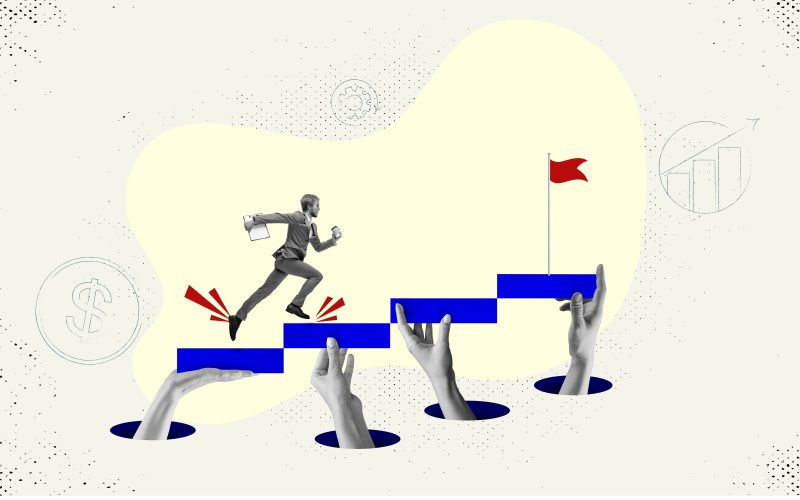
Adam Grant, an organizational psychologist at the Wharton School, joins host Krys Boyd to discuss strategies for Average Joe’s to excel.
Read more
Author Gretchen Rubin joins us to discuss her awaking to relearn how to see, taste, touch, smell, and hear — and why she found life richer and more fulfilling when she slowed down.
Read more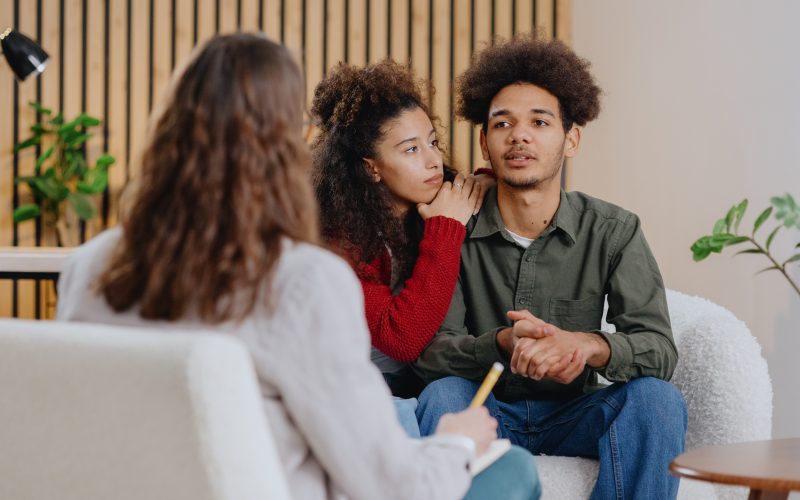
Clinical psychologist Orna Guralnik talks about what she’s seen in her practice, where couples are bringing to the table issues of race and privilege and trauma like she hasn’t seen before.
Read more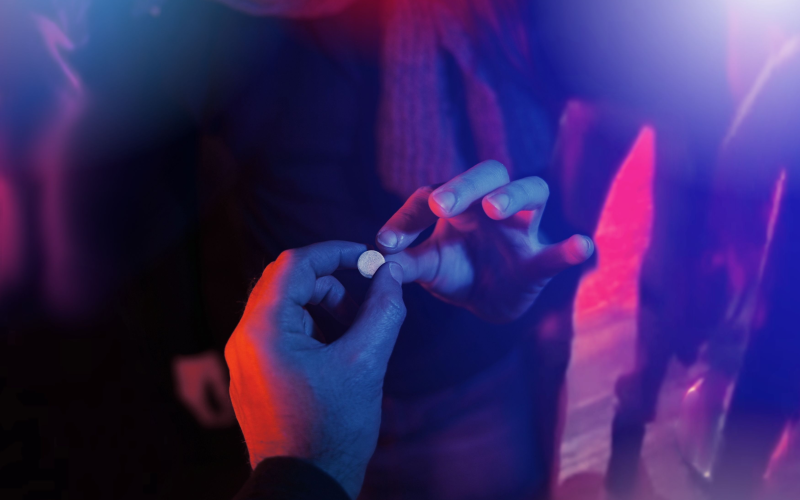
Science journalist Rachel Nuwer discusses how MDMA – once a Schedule 1 drug – is now being heralded as a treatment for PTSD and other afflictions.
Read more